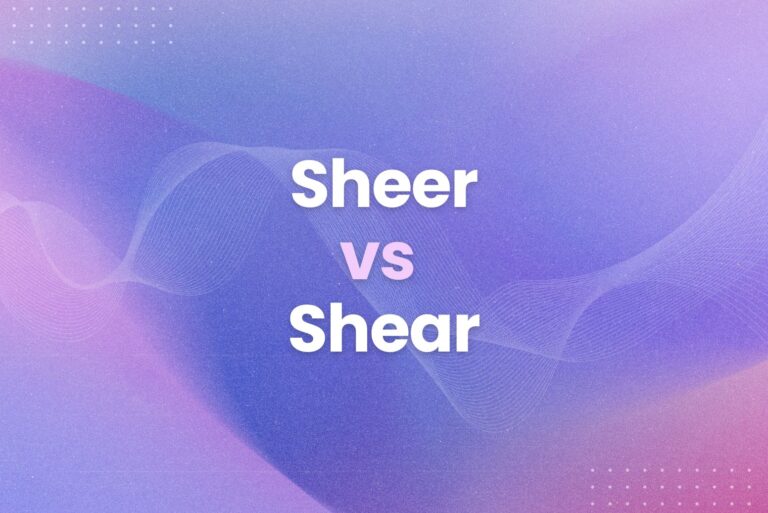Best Ways to Differentiate “Councilor” vs “Counselor”
Have you ever paused mid-sentence, unsure whether to use councilor vs counselor? Don’t worry—it’s a pretty common mix-up! These two words may look almost identical, but they serve totally different purposes. In this post, we’ll dive into the key differences between councilor vs. counselor, clear up their meanings, and give you plenty of real-life examples so you’ll never…









